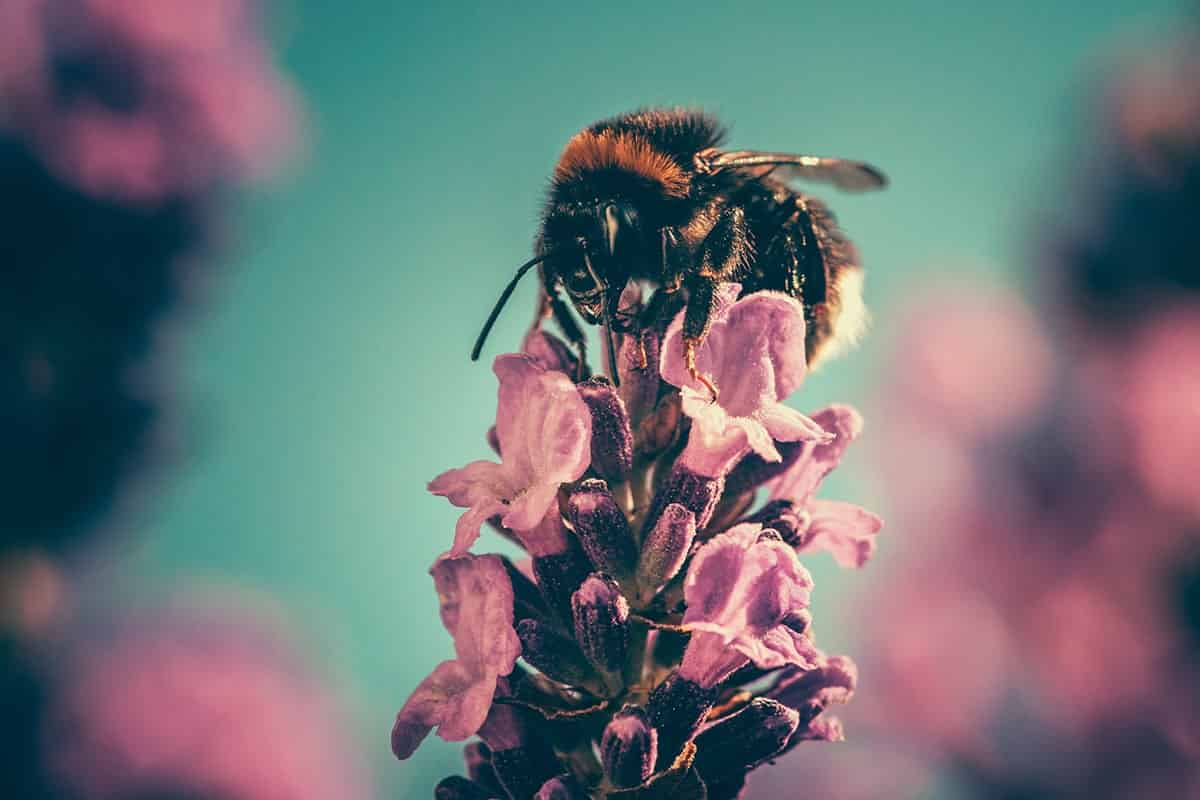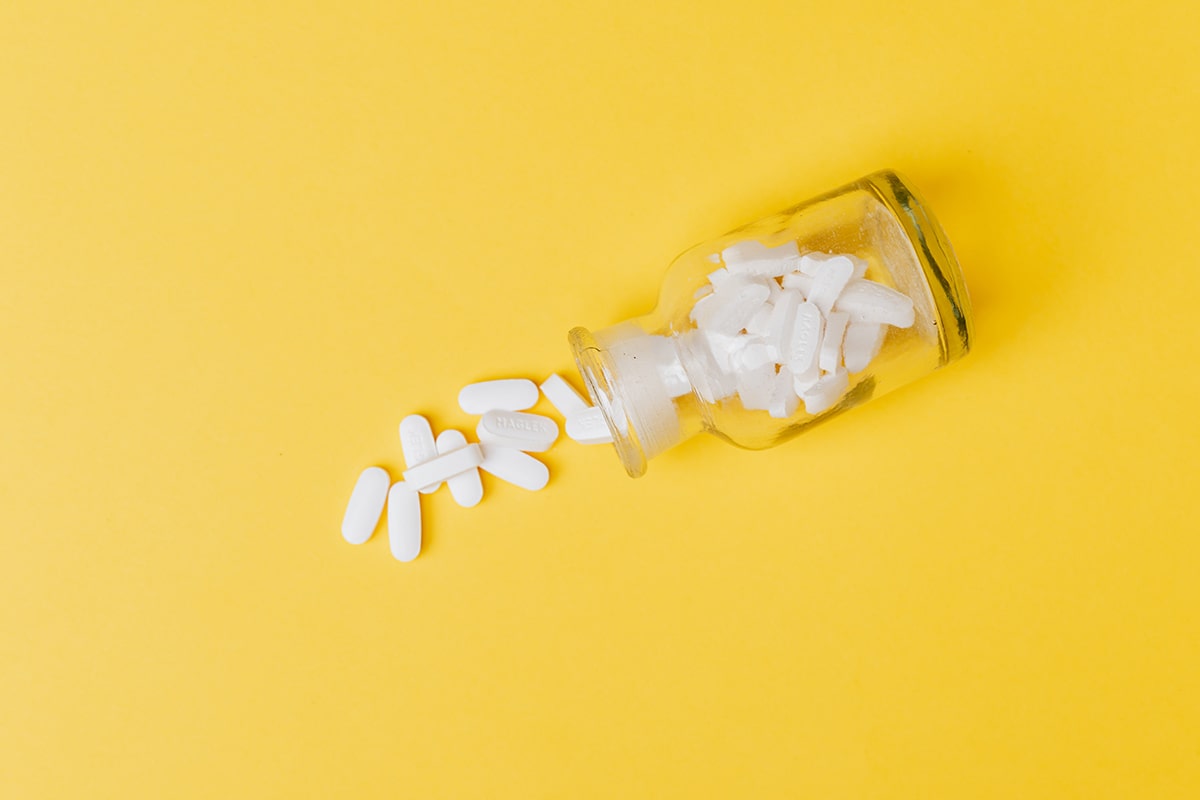Benefits of Bee Pollen for Menopause and Midlife

A common, albeit less frequently discussed, supplement that some women find helpful during menopause is bee pollen. Here’s what you need to know about bee pollen and its potential uses and benefits for women during midlife.
What Is Bee Pollen?
Bee pollen is actually a mixture of pollen and nectar from flowers, honey, wax, and other bee secretions including enzymes. Pollen provides proteins, vitamins, and other vital nutrients for bees.
Interestingly, bees do not consume their pollen fresh. Instead, they take it into the hive and pack the granules into empty comb cells, mixing them with nectar and digestive fluids and sealing the cell with a drop of honey. Stored in this manner, the pollen remains stable indefinitely. Beekeepers call this form of pollen ‘bee bread’.
People have been using bee products for as both nutrition and a health remedy for centuries. Researchers have found beeswax residue on ancient pottery dating from 7,000 BC in Europe, the Near East, and North Africa.
More recently, interest in bee products for medicinal purposes has been revived. Bee pollen is full of powerful compounds and nutrients like lipids, carbs, free amino acids, and proteins. It’s also packed with health-promoting antioxidants like flavonoids, quercetin, and carotenoids.
Because of its health potential, the Federal Ministry of Health in Germany has recognized bee pollen as a medicine.
The Benefits of Bee Pollen in Menopause
Some of the most common symptoms of menopause are hot flashes, night sweats, and disrupted sleep.
One small study found that taking a bee pollen supplement for three months reduced hot flashes.
A 2015 study of women in menopause after breast cancer treatment found that both pure honey and honey plus bee pollen alleviated hot flashes for over 68% of subjects, which was significantly more than the placebo effect.
An older 2005 study of menopausal women found that compared to a placebo, taking an herbal remedy made from pollen extracts for three months significantly improved hot flashes and quality of life.
Adding Bee Pollen To Your Routine
Bee pollen is easy to add to your diet and is considered to be safe for most people. That being said, if you have an allergy to honey, pollen or bee stings or suffer from asthma, eczema, or hay fever, avoid bee pollen supplements due to the risk for hypersensitivity reactions to this product.
Bee pollen is also not recommended for people taking blood thinners like warfarin due to the likelihood of a negative interaction.
You can find bee pollen at most health stores. A local beekeeper will probably also be able to help you!
Bee pollen usually comes in either supplements or granules that can be mixed into beverages like smoothies or water. Whichever form you choose, make sure the product is fresh and third-party verified.
If you’re suffering from hot flashes and looking for alternative relief, bee pollen may be worth giving a shot. As always, check with your doctor before taking a supplement to make sure it’s safe for you.
Sign up for more unique women’s health content
By submitting this form, you agree to the Lisa Health Privacy Policy and Terms of Use


